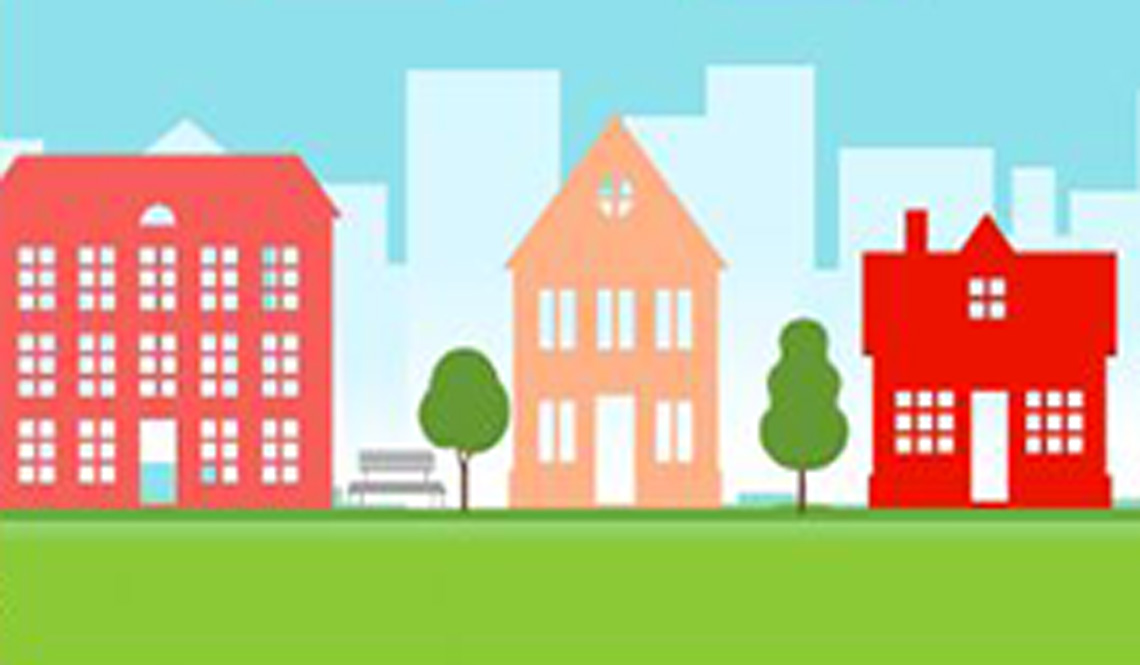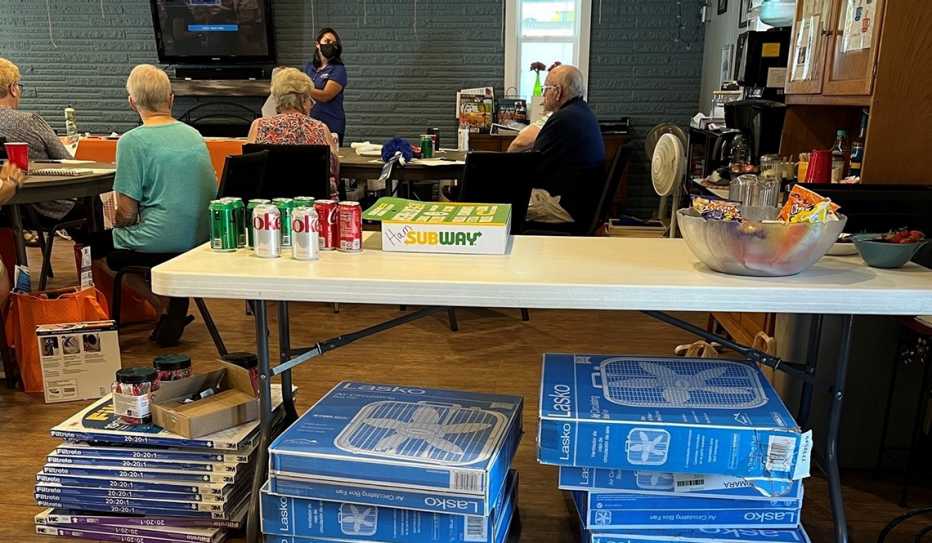AARP Hearing Center


JC Ward, a neighborhood services supervisor for the City of Fort Collins, Colorado, was noticing a trend.
“A lot of people in our mobile park communities put so much money into lot rent and the home purchase that they don’t have extra money for big repairs or appliance replacement,” she observed. “Or some minor things that weren’t maintained have gotten big.”
Ward’s department helps residents of the city’s mobile home parks.
“We also heard from folks that they don't have tools, or that they’re first-time homeowners,” she adds.
The Project


In 2023, the City of Fort Collins received an AARP Community Challenge grant to fund four, single-day, Do-It-Yourself Homeowner Workshops for the residents of three mobile home parks. (Two of the communities are for people age 55-plus, the third has a large Spanish-speaking population.)
Of the 94 people who attended a workshop, 9 out of 10 were women and 75 percent were age 65 or older. The oldest participant was a 99-year-old woman. All or most of the participants came from demographic categories that identifies them as “vulnerable populations” with “limited access to resources.”
Ward credits the AARP Community Challenge for enabling the team to be creative about, she explains, “how to give people a skillset, and resources, and connections to experts who can say, ‘This is something you can totally do.’ Or ‘This is way outside the scope of what you should be working on. You need to call me.’”
Staff from the city’s Neighborhood Services department recruited home-repair experts, local service providers and contractors to do presentations and training about basic home repairs. City workers led informational sessions about permits and code compliance.
Each workshop attendee received a bag containing household tools and DIY repair gear, including a kneeling pad, caulk, screen-mending kits, smoke detector batteries and plumber’s tape. Take-home educational materials included project sheets, a guide to local resources and a copy of the AARP HomeFit Guide in English or Spanish.
The Obstacles


Taylor Blomquist, a mobile home specialist and one of the coordinators on the project, says it wasn’t easy recruiting presenters.
“I contacted more than 40 contractors and very few had done work in mobile homes, which are unique in the way they are built, unlike a typical stick-built house where it's easier to get parts,” she explains. Another challenge, Ward noticed, was finding contractors willing to work in a mobile home park.
“There's an assumption that the people who live there don't have the money to pay,” Ward observes. “The contractors think the work isn’t high-cost enough to be worth their time. There are also people who oppose some of the work we're doing. They say things that are really discriminatory about, ‘the kind of person’ who lives in a mobile home park.”































.jpg?crop=true&anchor=13,195&q=80&color=ffffffff&u=lywnjt&w=2008&h=1154)






























